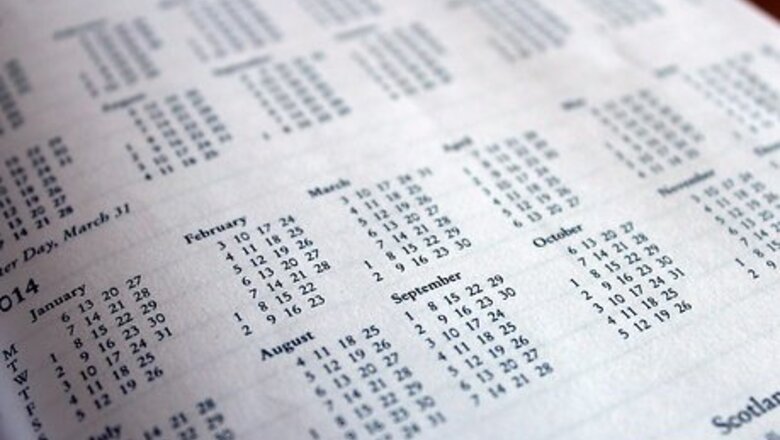
views
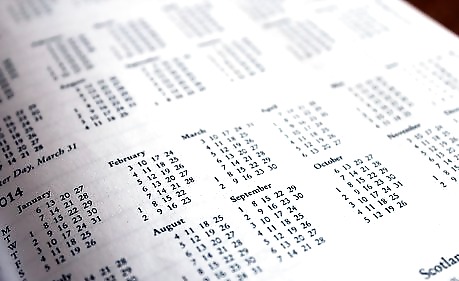
Find out the exact dates of your exams. You will know how much time you have left before each exam. It might help to draw up a table which includes all your subjects and all the weeks you have until the last exam, and then fill in the exam dates.

Prioritise your subjects. If you think you have most to do in science or that is your weakest subject then this will be top priority. Put all your subjects in an order from most to least important.
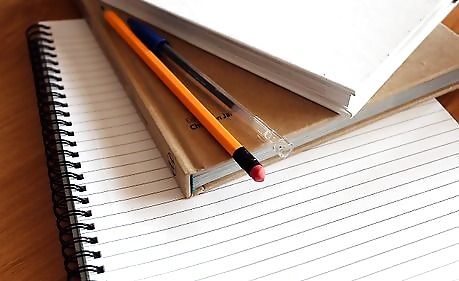
Decide on a revision plan which will work for you. How many hours do you need to do of a night? Do you have other commitments you can't get out of? Leave some time for breaks,meals and free time but ensure you have a good time slot each night for revision.
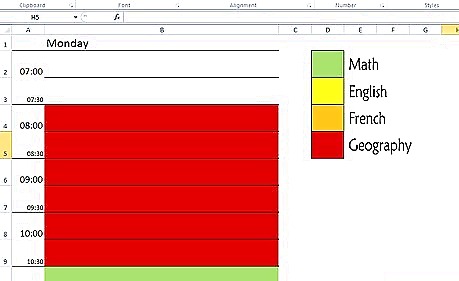
Fill in your revision timetable in with your subjects, and use your priority list to give the most important ones more revision time.
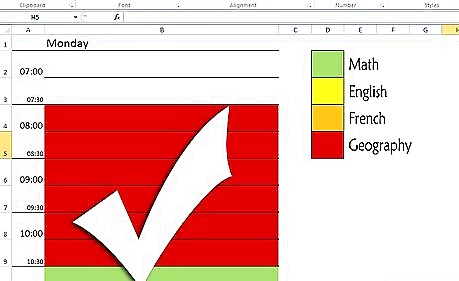
Stick to this timetable! speaking from experience, if you decide to focus solely on one or two subjects because you think you know the others, you will get a nasty shock. Don't ignore any of the subjects, but ensure you have a balance where your priority subjects have the lead.
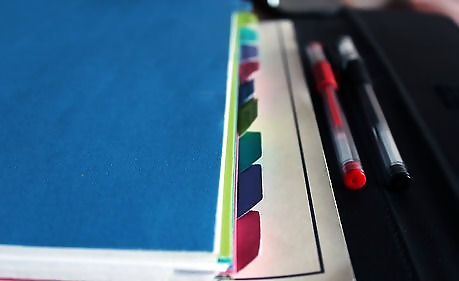
Begin by revising all the material which you don't know as well. There is no point in beginning to revise the digestive system in science if you are pretty confident in it. You may find that also prioritising each individual subjects modules or topics helps you. Therefore if you run out of time you will know that you have definitely revised the hardest stuff!
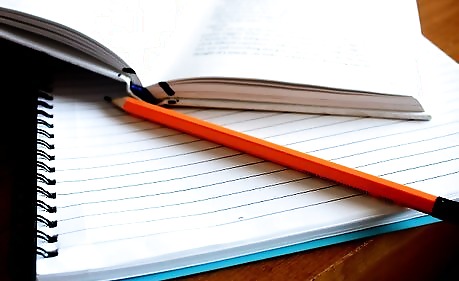
Actually attempt to remember the material. It sounds stupid but most of the time people are tempted to spend all their revision time just reading or writing and assume that they know it all. Never assume; 'it makes an ASS out of U and ME' and its true. If you assume you know it without actually testing yourself on it then you might get a shock in the exam...
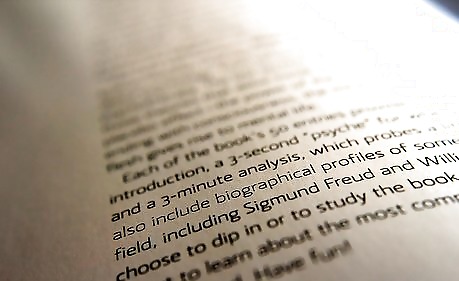
Read the facts a few times so you are familiar with what they mean. If there's anything you don't understand do everything you can to find out. Ask the teacher, research other books and on the Internet. You will be learning as you do it!
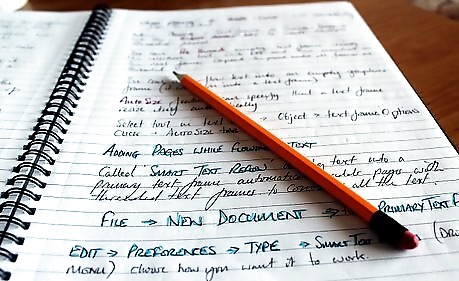
After you are more familiar with them, make your own notes so that it's shorter, but ensure that they make sense so you won't need to refer back to the test book when revising.

Don't do too much at once. Take a page and test yourself by covering it up and writing down everything you remember. Then, check it and do it again and again until you have everything! This way you are testing and revising as you re-read it over again!











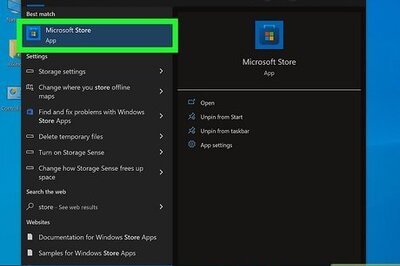








Comments
0 comment